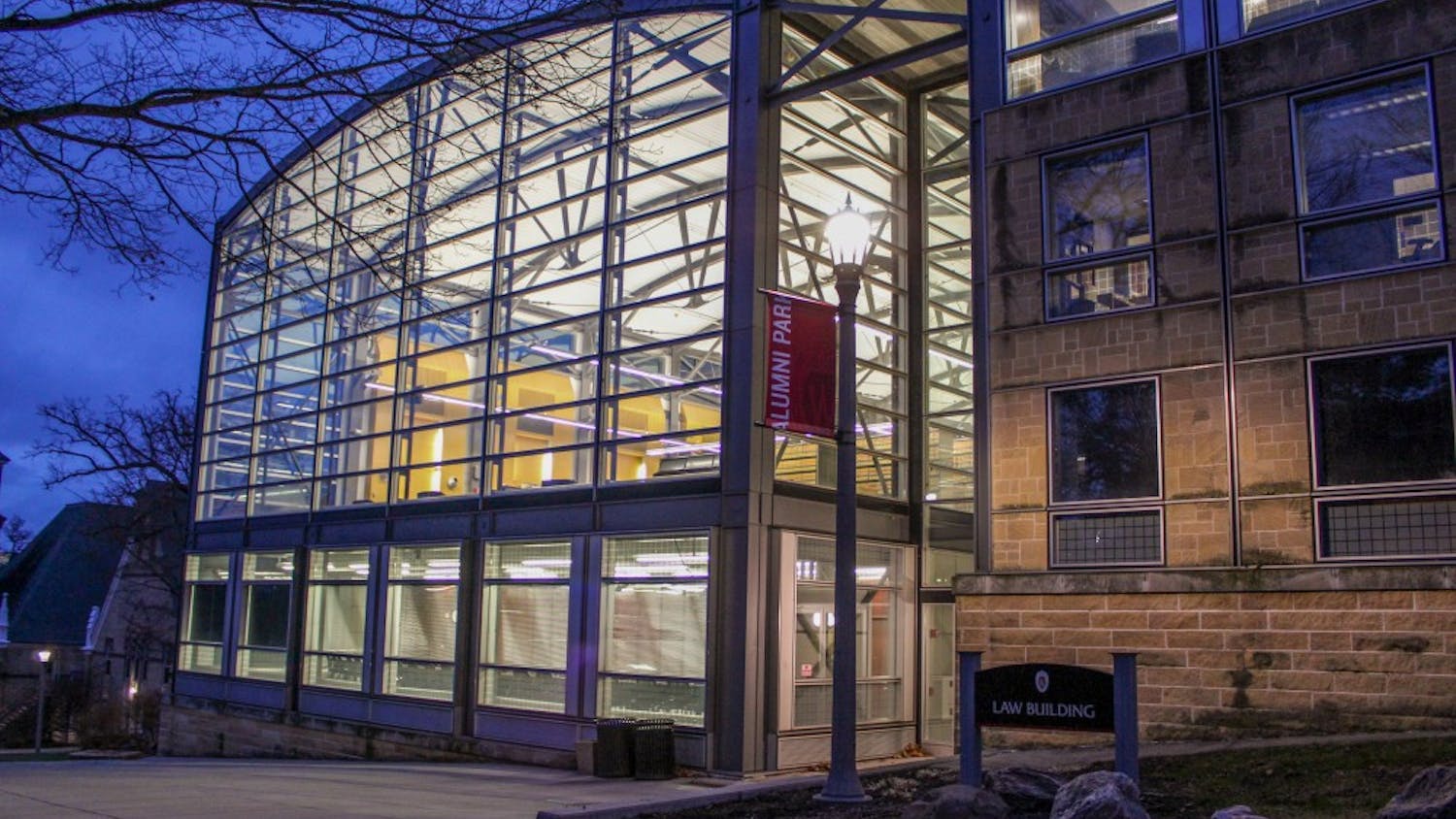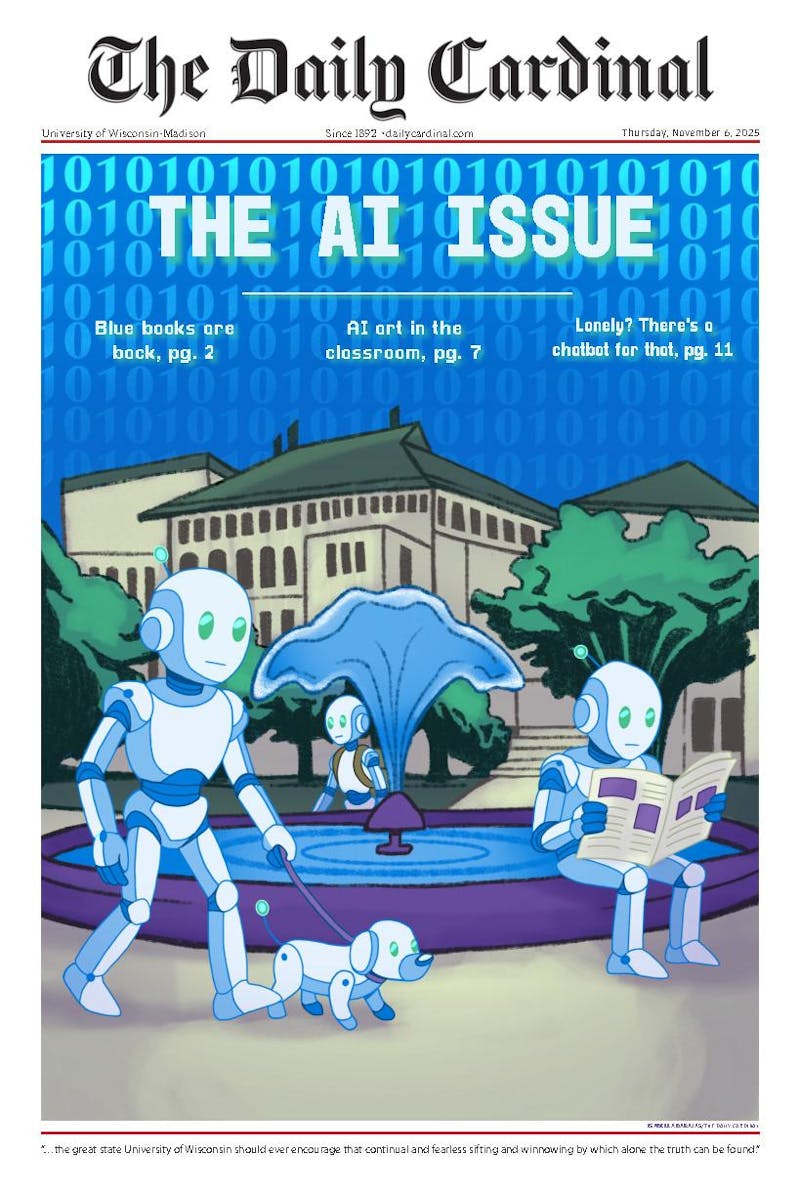By Jon Spike
The Daily Cardinal
Just as the aftermath of the media circus surrounding Governor Rod Blagojevich and his impeachment trial seemed to stagnate, a new controversy focusing on senate vacancies looms. On Friday, New York Gov. David Paterson made the controversial choice of Rep. Kirsten Gillibrand to replace Sen. Hillary Clinton, D-NY, in her vacated senate seat. Between the two highly-scrutinized appointments and the subsequent media fallouts, one clear fact stands out: the current system for filling house and senate vacancies with gubernatorial appointments is flawed and needs a makeover.
To understand why the system doesn't work, the first step is to find out why the current flawed system is in place. In 1913, the 17th amendment finally gave Americans the right to elect their senators into office. However, the circumstance of how to fill house or senate vacancies was left up to individual states, and most chose to give the governor full power to choose a successor. Only a few states - Wisconsin being one of them - decided to leave the decision up to a special election rather than to give one person full responsibility.
As displayed by the controversy surrounding Blagojevich and his alleged attempts to sell off or trade the vacant Illinois senate seat, the opportunities for a tainted choice are too great to ignore. Although it is true that Blagojevich's alleged wrongdoings are an extreme and isolated case, allowing one figure the power to handpick a new senator comes with consequences. Gov. Paterson's choice of Rep. Kirsten Gillibrand is already being lampooned by fellow democrats for being a poor representation of New York in the senate. In addition to personal bias, consider the leverage the governor now has with that official. The selecting governor will hold the I got you in"" card to influence policy-making and voting at the legislative level, a small but concerning problem.
On a larger level, the gubernatorial appointment system essentially strips the rights of democracy from the American people, taking their original vote and rendering it useless. State citizens deserve the right to vote for whomever represents them in the legislative branch, and special elections for senate vacancies are the only correct way to do so.
At least the recent events have triggered a new dialogue about the appointment-versus-election debate. Sen. Russ Feingold, D-Wis., is taking large initiative to amend the constitution, replacing a state's choice of appointment to strictly election-based appointment for seat vacancies. Sen. Feingold is the chairman of the Senate Judiciary Subcommittee on the constitution, and he plans to address the issue immediately.
""The controversies surrounding some of the recent gubernatorial appointments to vacant senate seats make it painfully clear that such appointments are an anachronism that must end,"" Sen. Feingold said.
As expressed by Feingold, politicians can no longer ignore the glaring problems associated with gubernatorial appointments. Realistically, it should not have taken the recent rash of controversial choices for politicians to realize that the appointment system was flawed and democratically irresponsible. With luck, Feingold's subcommittee will have few barriers in getting some sort of amendment passed regarding special elections for vacant senate seats.
However, a few party-related roadblocks may impede such an amendment's progress. Consider the Republican viewpoint: if the Democrats remain in power, it is much more likely that a Democratic president will choose Democrats for his various cabinet positions, thus increasing the likelihood that a Democrat will be called on to fill the vacant seat. On the other hand, consider how the two most controversial appointments affected the Democratic party: Blagojevich, a Democrat, is currently muddled in impeachment hearings, and newly-appointed Rep. Kirsten Gillibrand has been criticized for being a ""conservative democrat"" in policies such as gun control. Although Republicans would love to stake their chances in an election, who's to say that the recent Democratic appointments did not help the Republican party's image in comparison?
Democrats, at least in the short term, hold a considerable advantage at the state and federal levels in terms of representation. Gubernatorial appointments will likely reinforce this advantage, but the recent controversies are far too prominent to ignore. Feingold's impending constitution subcommittee hearings on the topic will hopefully be too logical to not support, so democracy should trump partisanship in Democratic circles.
It is a sad commentary on American politics to realize how some crucial decisions such as senate vacancies could still be deferred to someone other than the American people. Politicians cannot continue to wait until problems become controversies before stepping in to fix the situation, as gubernatorial appointments have shown. Obsolete and ancient policies such as the appointment of vacant seats must be analyzed as unfitting and unfair, as was the case with segregation and slavery in America's brief history.
Jon Spike is a junior majoring in secondary education in English. Please send responses to opinion@dailycardinal.com.





